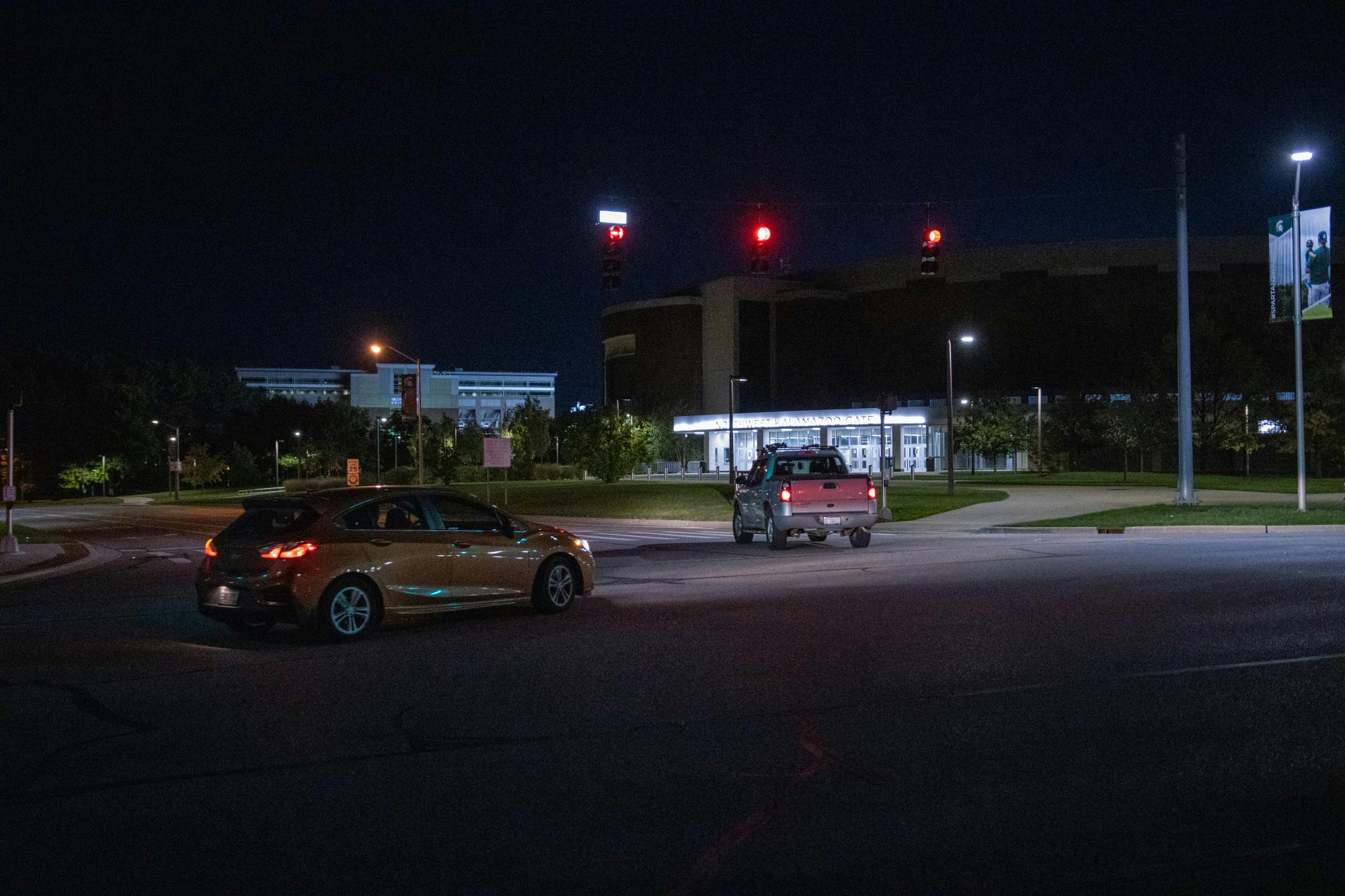The Associated Students of Michigan State University, or ASMSU, are seeking improvements to their late-night ride service, Safe Ride.
Funded by the ASMSU tax paid within every student’s tuition, Safe Ride is intended to improve students' safety by providing up to one ride a day, across the greater East Lansing area, at no cost, from 8:00 pm to 1:30 am, seven days a week.
While the service has been running for several years at MSU, ASMSU officials indicate complications from the pandemic have led to complications and difficulties with service operation and campus-wide awareness.
“The freshmen and sophomores are new on campus ... the juniors and seniors know a lot more about Safe Ride, just because there was a lot more awareness in 2019, prior to COVID-19 ... it's just been very frustrating to try and get more awareness,” ASMSU Vice President of Finance and Operations Alan Saleh, who oversees the Safe Ride program, said.
Saleh, who said he has been working aggressively to market Safe Ride across campus, is also dealing with issues related to the ongoing labor shortage across the United States and the effect it has had on the functionality of the service.
“It’s just a matter of employment in terms of the drivers. It’s hard for us to operate at normal capacity because of COVID-19, due to the lack of employment. It’s probably the biggest barrier,” Saleh said.
Saleh, who insists he is doing everything in his power to help, is confident labor issues causing difficulties for Safe Ride will be temporary, and the marketing efforts being enacted currently will lead to improved long-term awareness of the program.
However, he did express concern for the capacity for the current fleet of drivers to accommodate high demand times such as major sporting events if awareness were to increase.
“I do worry sometimes there is going to be an event where one night, or maybe even the possibility that (the service provider) can’t provide us a van for one night because they’re short-staffed. I just worry that an event that students actually want to be here for that one night, (Safe Ride) is not going to be available for them.” Saleh said.
Saleh is attending a national Safe Ride conference, SafeRide Programs United, at the end of February at Oregon State University, or OSU. While at this conference, he will seek to understand better how OSU successfully got its Safe Ride program to be run by the university itself, which he hopes to achieve at MSU.
While MSU has not accepted previous requests, Saleh was optimistic for the prospect as he continues to deliberate with officials.
To learn more about Safe Ride, download the Translock app, through which the service can be accessed, and visit asmsu.msu.edu. For specific questions or concerns about Safe Ride, Saleh has requested people reach out to him at upfo@asmsu.msu.edu.
Support student media!
Please consider donating to The State News and help fund the future of journalism.
Discussion
Share and discuss “ASMSU's Safe Ride program seeks recovery from pandemic fueled struggles” on social media.







